Hiya, Brainiac, It's Your Weekly Recs!
The Super Bowl, College Cults, Burt Bacharach, Salman Rushdie and More ...
Dear Wags,
What is left that can truly be called a mass event? We are enduring the Great Fragmentation—an era of splintering in which we cleave off into warring factions. All of us flee engagement with outsiders, frittering away life in hermetic silos, honing esoteric identities, defining ourselves not as part of a great polity but in opposition to it. Our institutions have been blasted in this disintegrative process, and our information systems are not so much polarized as atomized. Consequently, we are becoming unmoored from shared language and culture. This growing incoherence, the crumbling of a foundational starting point from which we are all launched, is a threat to our civilization itself.
We aren’t here to vex you with such big heady things, but to mourn the passing of smaller moments that used to bring us together. They were often trivial and tacky, but it turns out that they mattered. They were our glue.
Recently, we’ve had the Grammy awards, starry and garish, which reinforced the notion that there is really no such thing as pop music, if by that we mean music that is widely appreciated, as opposed to argued over. We have had a State of the Union address, no longer appointment television, but a disjointed series of outrages to be quickly scrolled through on YouTube. The state of our union, obvious to the dullest among us, is disunity.
Social media is a soul-eating distraction without the pretense of sociability. It manages to be vast beyond reason and balkanized to bits. Unlike dying mass media, it works to pull us further away from authentically communal space. It has no lucrative algorithm for commonality. Used as directed, it feeds contempt for civility and expertise.
And, it may be devouring itself. Twitter, the supposed vanguard of public discourse because every journalist and politician is on it, is sputtering in the Musk era. It has only 180,000 real subscribers. Meta is entering an ominous Year of Efficiency, looking nearly as hapless as the legacy content companies it disrupted. All of our great tech and media concerns are in retrenchment, contemplating a creative future in which pliant AI supplants the need for messy humanity altogether. This is the consequence of a culture where too few things are widely shared, even the biggest spectacles struggle to fill the house, and autopilot is the creative default position.
So we are left with the Super Bowl—bloated, problematic, and yet reassuringly middlebrow, a cherished relic of collective diversion. If you are from Kansas City, it is exciting. If you are from Philadelphia, it is epic. If you are from most everywhere else, it is an opportunity to half-pay attention, eat nachos, check out Rihanna, and dissect the ads. The Super Bowl was first held in Los Angeles in 1967. It is not some hallowed sporting tradition but the spawn of 20th-century mass media. It grew and became more preposterous with network television and its gargantuan ad budgets. The Super Bowl clings on not because those elements still dominate the culture but despite their decline.
Football in the United States is troubled. Perennial controversies around player welfare and head injuries have tarnished the show. Youth participation has been dropping for years. Other activities — soccer, mixed martial arts, gaming—are nibbling away at its core audience. The 2015 Super Bowl captured 114.4 million viewers, the largest TV audience of all time. Then ratings dipped as fragmentation accelerated. They seem to be gradually recovering, and viewership is still vastly bigger than anything else in popular culture. Still, the future is uncertain. It is quite possible to imagine a world without a Super Bowl.
There’s some sadness in that. The Super Bowl isn't classy, and it might even be a little bad for us. And yet, we still crave shared spectacle and heroes, however imperfect, to root for. As much as human beings are susceptible to individual vanity, we require opportunities to blur into the enormity of a crowd. The big tent liberates us from the tyranny of isolation, and stifling obsession with the self. So, appreciate the razzle-dazzle and cheese. Indulge in lavish commercials for things you don’t want. For one day it may all be gone! Isn't it nice, once in a great while, to be brought together instead of riven apart, even if only for a silly game?
Yours Ever,
Big Rihanna Concert
Super Bowl LVII (CBS). Wag says Eagles. Now go eat your nachos. — Joe Bob Priddy
Gulf Stream
The Exchange (Netflix). The streamer’s first original series from Kuwait comes from Wags Nadia Ahmad and Anne and Adam Sobel. Two feisty outsiders (Rawan Maadi and Mona Hussain) shake up the country’s corrupt, all-male stock exchange in 1987 — a few years before the Iraqi invasion. It’s an exuberant look at women making their own way in a conservative society. With Dynasty shoulder pads.—Noureya Al-Saddani
Docs
Stolen Youth (Hulu). Zach Heinzerling explores the bizarre story of Larry Ray, the father of a Sarah Lawrence student who moved in with his daughter and fellow students and soon was brainwashing and manipulating the kids into doing whatever he wanted. He ended up in prison, and the entire episode will give you the willies. —Kay Strong Peterson
All That Breathes (HBO Max). Blazing Talent Shaunak Sen has made a painterly documentary about two brothers who run a bird rescue for black kites, raptors who soar through the polluted skies of New Delhi. A powerful portrait of a dense, problem-plagued megalopolis and all the creatures who share its fragile ecology. —Tara Das
Fiction
Wag Emeritus Dick Kallman was a real person who wanted desperately to be a special person. A rising star in the 1950s and 1960s, he crossed paths with Lucille Ball, Judy Garland, and Johnny Carson. But he never made the big time, fading from view until his 1980 murder made tabloid headlines. In Up With the Sun, Thomas Mallon has novelized a colorful, thwarted 20th-century life. It’s also a moving and cinematic story of gay America, in which Dick gets top billing at last. — Arthur Dobson
Wag Supremo Salman Rushdie—battered but still standing—is a hero. This has a way of obscuring his original talent. He is, after all, one of the most ambitious writers of our age. Victory City is set in 14th-century India, and its heroine is Pampa Kampana, a 9-year-old girl who becomes a vessel for the divine. The child has a vision of a great city called Bisnaga, which will become a beacon to the rest of the world. For the next 250 years the great metropolis rises — a citadel where ideals flourish and are tragically compromised. Pampa’s dream gets away from her because even the best people let us down. Rushdie knows this better than anybody. He’s created a grand epic, with a painful truth at its heart. — Saleem Sinai
Wag Ivy Le loathes the great outdoors. The daughter of Vietnamese immigrants who worked hard to give her a life that didn't involve sweating in humidity, she became a comic with bad allergies and an aversion to hiking. Fear of Going Outside is her attempt to embrace prickly, tick-infested Mother Earth with help from bemused nature lovers. This season, she elects to go hunting, which is not a just hilarious sendup of the differences between red and blue America, but just maybe, a bridge to understanding. Put on an orange vest and join her in the woods. — Jeremiah Johnson
When I was younger, younger and dumber, felt like a flower. You came to pick me, from out of the city. You turned me sour. Oh, heartbreak! In Younger & Dumber, Indigo De Souza of Asheville, NC, has crafted a mournful, stripped-down ballad for the bereft. Give into it and have yourself a good cry. — Leslie Burke
What the world needs now, is love, sweet love. It’s the only thing, that there’s just too little of.
When Wag Supremo Burt Bacharach died at 94 on February 8, it was impossible not to hum a familiar tune. As a composer, he was responsible for so many of them. His songs with lyricist Hal David provided the soundtrack for a bygone era—that fantasy of kaftans, conversation pits, hi-fi stereos, and yes, shag carpeting. Because of that, there were moments when his work was unfairly dismissed as midcentury kitsch. As time wore on, it became clear that it was an expression of a complex, wistful genius. Bacharach’s music may be synonymous with supper club sophistication, but it lasts because it speaks to longing in an anodyne age. He helped several lonely and anxious generations float away.
More than anything, Bacharach was a collaborator, with David, Dionne Warwick, Cilla Black, Sandie Shaw, Jackie DeShannon, Barbra Streisand, Tom Jones, Marlene Dietrich, Dusty Springfield, Herb Alpert, BJ Thomas, The Fifth Dimension, the Carpenters, Carol Bayer-Sager, and his great champion, Elvis Costello, among so many others. Dissed as middlebrow in the 1970s, he was embraced by hipsters as a senior citizen. Fashions change, but Bacharach remained consistent. He understood and showcased singers, and wove intricate orchestration — piano, strings, brass — around them. He pulled pathos out of the lowly tuba.
Even an incomplete list of Bacharach hits — I Say a Little Prayer, Make it Easy on Yourself, Walk on By, Don’t Make Me Over, Close to You, I’ll Never Fall in Love Again, Raindrops Keep Fallin’ On My Head, The Look of Love, Alfie, A House is Not a Home, What the World Needs Now, Always Something There to Remind Me, This Guy’s in Love With You, God Give Me Strength—shows the depth of his contribution to truly popular art. The real evidence is in the sad, silly tunes so many of us catch ourselves humming. May they play in our heads forever. —Vesper Lynd
Questions for us at CultureWag? Please ping intern@culturewag.com, and we’ll get back to you in a jiffy.
CultureWag celebrates culture—high, medium, and deliciously low. It’s an essential guide to the mediaverse, cutting through a cluttered landscape and serving up smart, funny recommendations to the most hooked-in audience in the galaxy. If somebody forwarded you this issue, consider it a coveted invitation and RSVP “Subscribe.” You’ll be part of the smartest set in Hollywood, Gstaad, Biarritz, and Borekas Sephardic Pastries in Sherman Oaks. Uzi and Gal Wizman make the most delicious Israeli pastries in the universe.
“Bodily vigor is good, and vigor of intellect is even better, but far above both is the Wag.”—Theodore Roosevelt

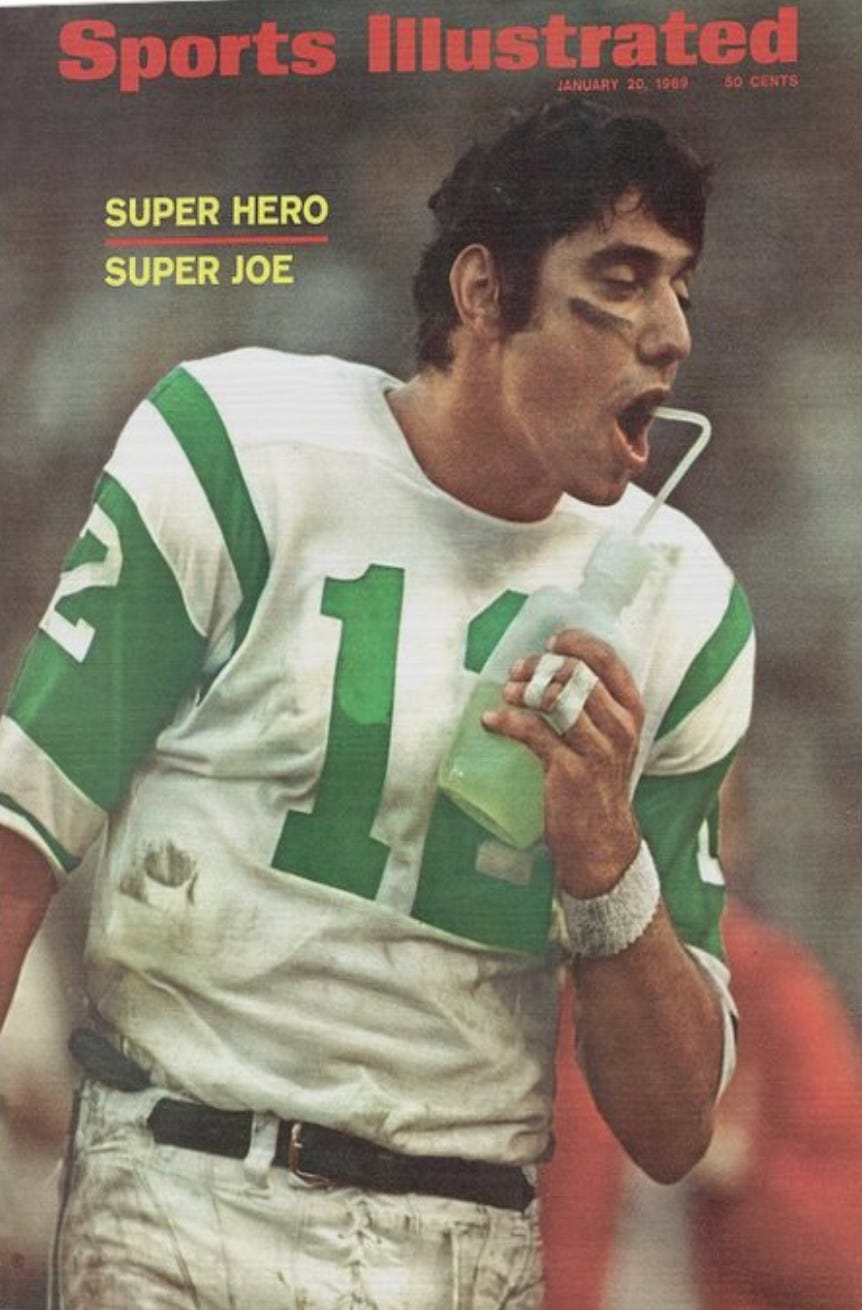


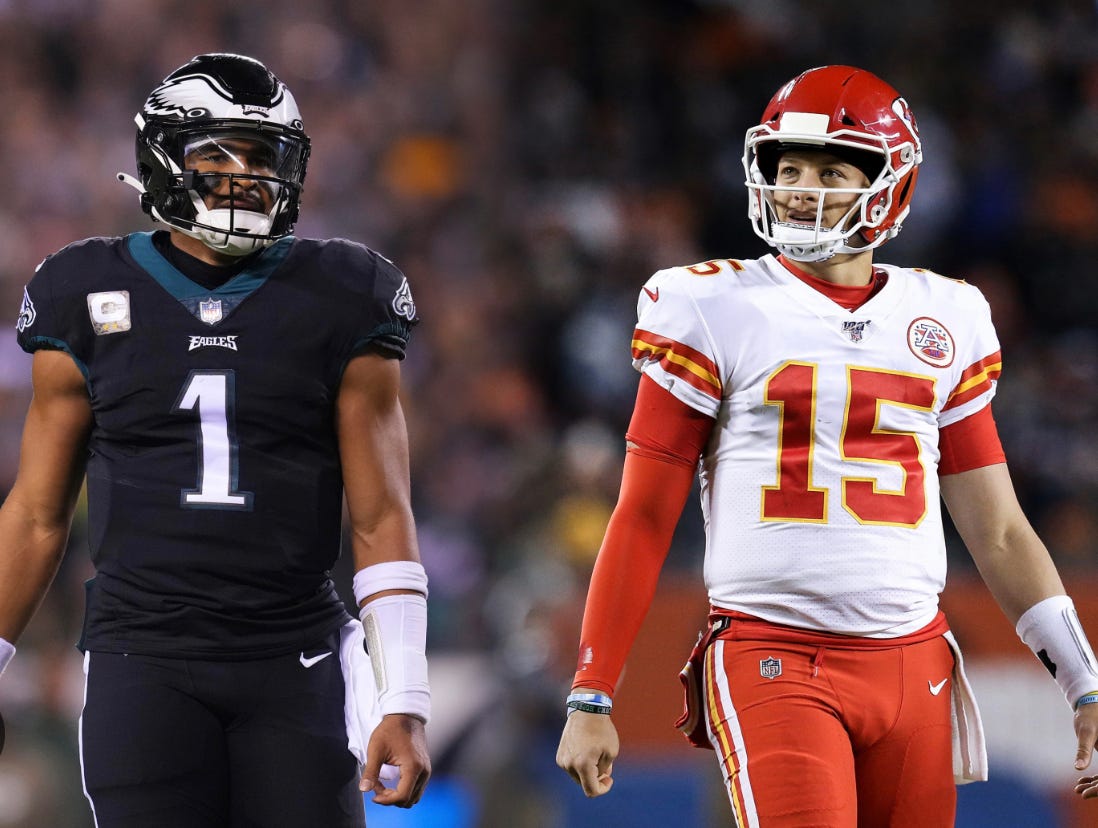

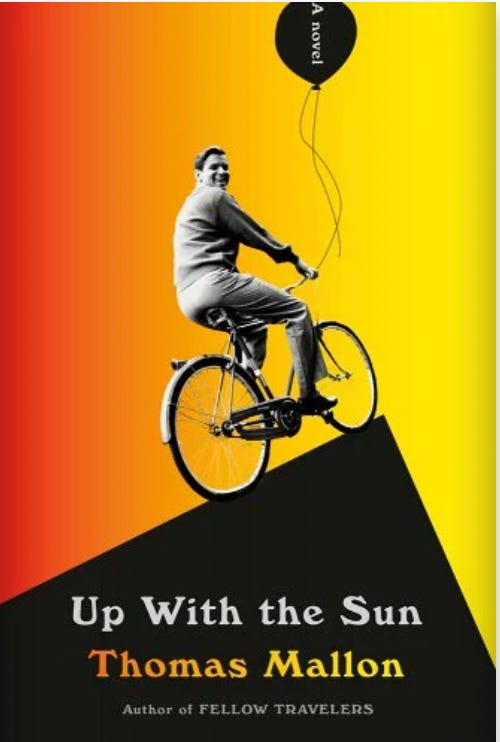
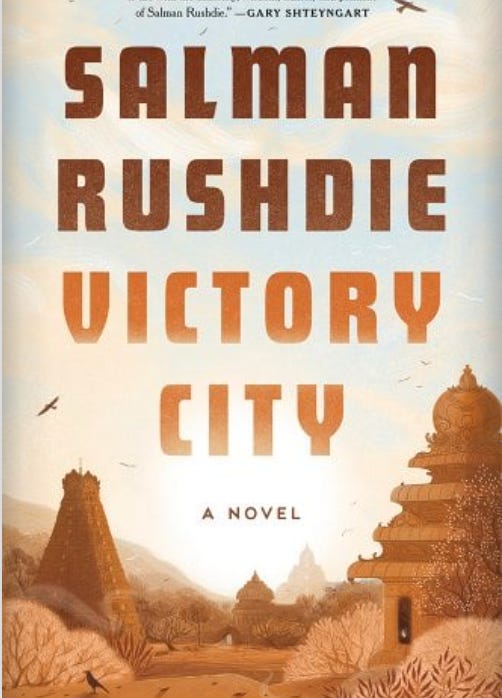



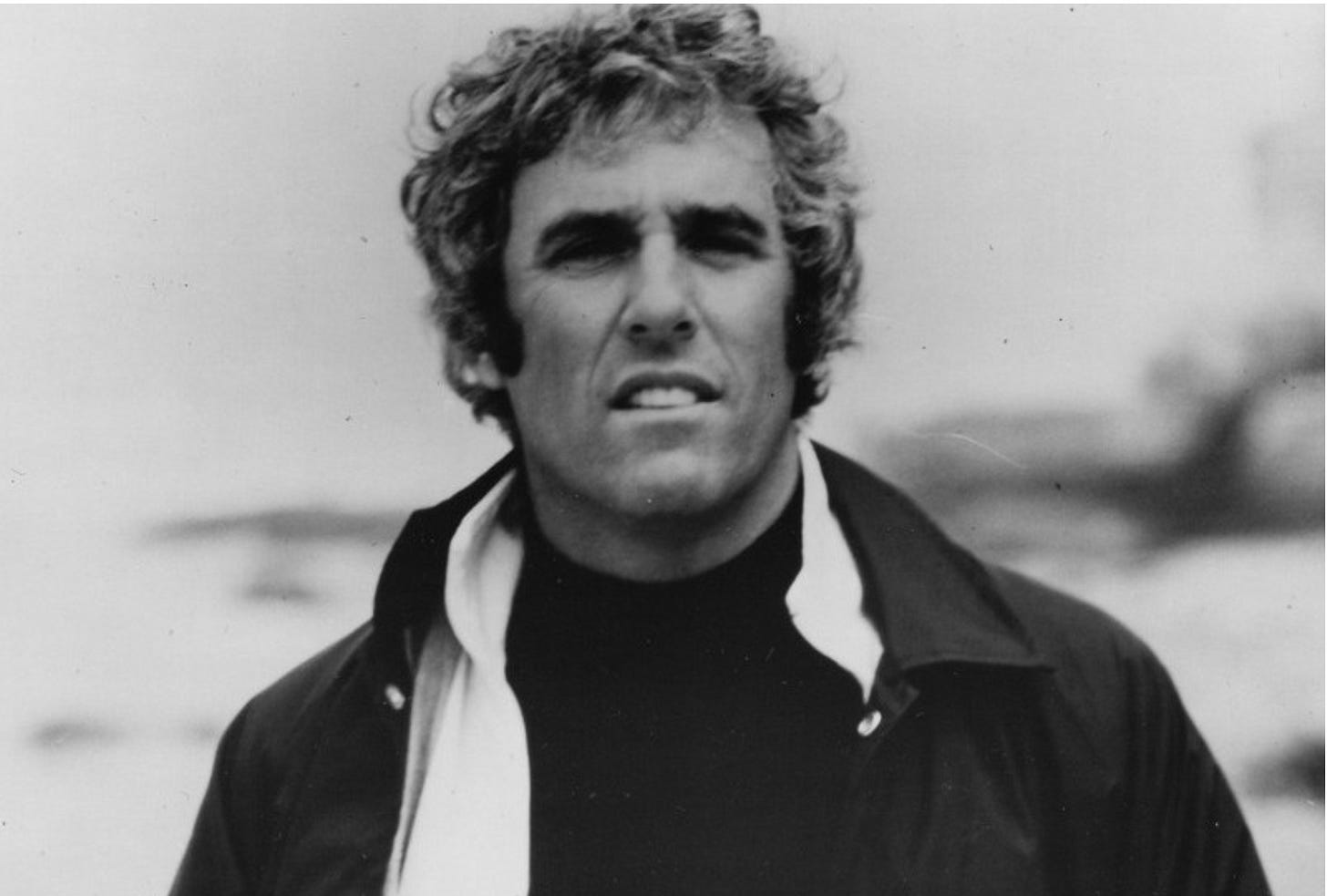

How did I miss the cult in Sara Lawrence? Must watch!
you will love it